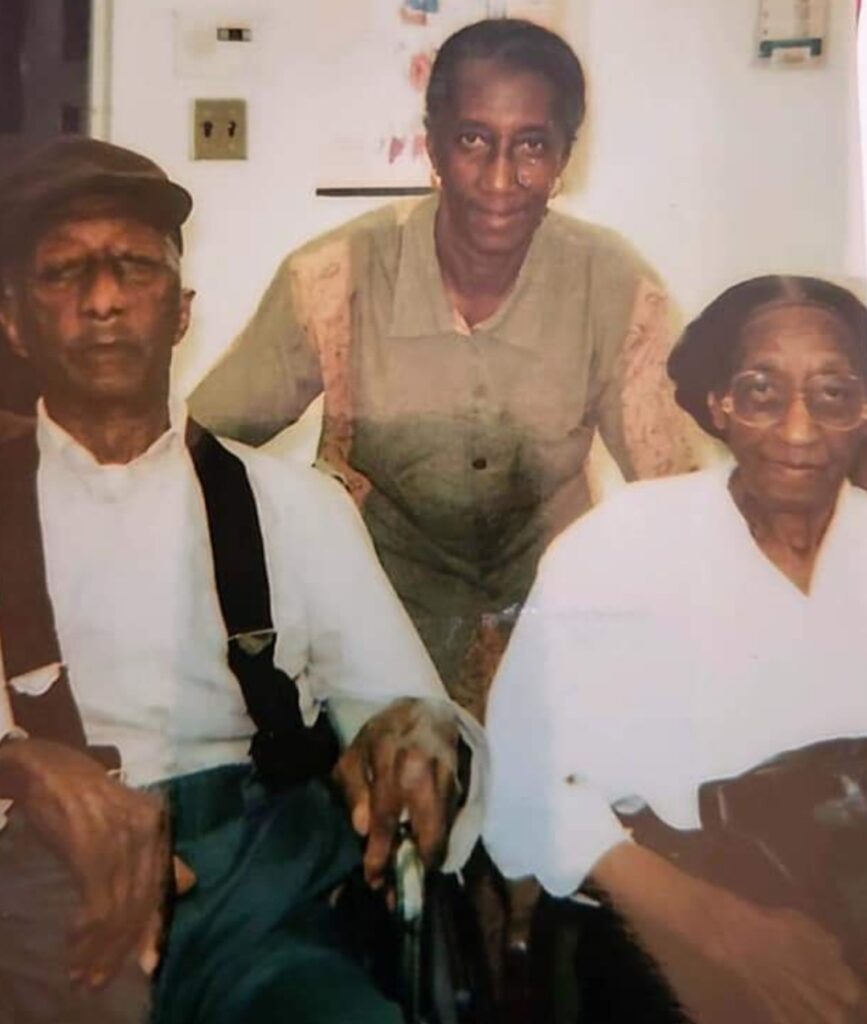The recognition of Black history is more than an appreciation of our ancestors and an acknowledgement of their struggles. It also serves as motivation, a call to education and ultimately a source of hope.
From a lawyer’s perspective, studying Black history reinforces the importance of obtaining an education.
History is full of those who, while not always widely known, played a crucial role in shaping subsequent generations of leaders. One of these larger-than-life figures was Charles Hamilton Houston, who famously wrote, “Without education, there is no hope for our people, and without hope, our future is lost.”

As an African-American attorney in the first half of the 20th century, his dedication to education was evident in his playing a pivotal role not just in training but also in mentoring a generation of Black lawyers, including U.S. Supreme Court Justice Thurgood Marshall. He also more famously played a significant role in the dismantling of stringent segregation laws, in the process earning the title “The Man Who Killed Jim Crow.”
His efforts in ushering in the demise of Jim Crow truly helped to reshape America and set my own family on a completely new trajectory.
Without the work of Mr. Houston to move society past the policy of “separate but equal,” the hopes of my grandparents and great-grandparents might have never been realized and leaving the postgraduate degrees earned not just by both my parents, but me as well, little more than a dream.
The study of Black history has always motivated me to strive for excellence. As lawyer, judge, educator, public official and civil rights advocate William H. Hastie once said, “History informs us of past mistakes from which we can learn without repeating them. It also inspires us and gives confidence and hope bred of victories already won.”
Indeed, Black history not only encourages education, but it also serves to educate. We often have a warped view of the past, which can obscure the role of the African American in this nation’s history.
Texans take great pride in the state’s rough-and-tumble roots, but the modern conversation about cowboys and the American West largely overlooks the significant contributions made by formerly enslaved Black men. This even extends to the term “cowboy” itself, which was originally coined as a pejorative term for the men of color who were brought to America for the specific purpose of tending to cattle. Their white counterparts were labeled “cowhands.”
This homogeneous view of our past could be traced to the lack of diversity in Hollywood films, which until very recently have been surprisingly devoid of Black and Hispanic stories and representation, even though historians estimate that approximately 25 percent of working cowboys were African American.

Despite this oversight, the fact that the job of cowboy was an option at all was a boost to freed men. As my wife, Paige B. Ulmer, explored in “Black Cowboys: Self-Sufficiency in the American West through the ideology of Booker T. Washington” being a cowboy opened doors that allowed Black men to experience some freedom to manifest their masculinity in an evolving society and become self-sufficient men.
Ultimately, Black history is at its core a constant reminder of hope.
In the early 1900s, during the height of the Jim Crow era, my great-grandfather set a goal of becoming a doctor although there were just 19 medical schools at that time in the United States for Black students. Although he passed away shortly after graduation, leaving behind his wife and 13 children, the audacity of hope that allowed him to fulfill his and his ancestor’s dreams has continued to serve as a beacon through the subsequent generations.
As Elizabeth Weinstein wrote, “Hope is a verb with its sleeves rolled up. Hope is always busy trying to change the odds.” My great-grandfather was indeed living proof that hope can be the key to unlock the doors of your future, and when paired with an education, hard work, discipline and dedication, nothing can prevent you from breaking down the doors of unlimited possibilities.
My wife and I are the incarnation of our ancestors’ dreams, the hopes that were fulfilled and those we continue to help to bring to fruition. With further exploration of Black history, our children will continue to serve as a manifestation of their ancestors’ destiny.
Artis G. Ulmer III is a trial attorney in the Houston office of Shackelford, Bowen, McKinley & Norton.
